An Old Opera Singer Walks into a CCM Conference...
The Well Canto Newsletter REFLECTION Volume 7
An Old Opera Singer Walks into a CCM Conference……
Country Roads
Shenandoah University was an easy 3-hour drive from our home, and my husband Stephen and I enjoyed the scenery on the way. The first night we had dinner with a violinist friend who is a faculty member at the U. Decades of peripatetic living nearly guarantees friends in every corner of the map. The affordable group-rate hotel (very clean) was a short walk to the conference space where coffee, tea, and snacks were provided each day, along with generous lunch and dinner breaks as well as fun evening activities. Stephen stayed busy with his work and even managed to tour the gorgeous Sono Luminus recording studio nearby while I soaked up info.
“In Youth We Learn; In Age, We Understand” - Marie von Ebner-Eschenbach
That quote is my way of saying I was indeed one of the older attendees. I do marvel at young singers - sometimes even before finishing their undergrad studies - actively preparing themselves to teach singing. Previous to ‘Vocal Pedagogy’ classes appearing in college voice departments a few decades ago, there existed a different culture. For hundreds of years a student was taught, consciously or not, that real-world experience as a singer, conductor, coach, etc, was integral to becoming a voice teacher. Having spent time in the trenches, as it were, was understood as the only way for a teacher to prepare a student for the exciting but often grueling (and rarely glamorous) demands of performing. Technical facility is just one very important facet. Most importantly, there is no short-cut to developing the ears to teach effectively.
Being of that old school attitude, I don’t think I’ll give up that notion anytime soon. However, reality is always more nuanced (have you noticed that?), and the truth is that the most effective singing teachers possess a combination of skills: knowledge of tradition and history, extensive experience, and self-actualization: it is good to have significant performance experience, it is good to study historical texts, it is good to know vocal function and anatomy, it is good to be emotionally stable.
Backstory
WAAAAAAAY back in the day, to go to college as a voice major meant you studied classical repertoire and how to sing it in the traditional aesthetic. This was supported by centuries of practice, plenty of scientific understanding, and thousands upon thousands of teachers, singers, conductors, and coaches. It was a beautiful universe of specificity and heritage, and once I actually encountered its existence I was whole-heartedly in.
Except I knew next to nothing about it. Let’s face it, I was an average American kid growing up in a middle-class reality, and the 1970s were my formative years. I still know every melodic nuance and most of the lyrics to the pop and rock soundtrack of my teendom, and my singing aspirations evolved from emulating Joni Mitchell to Robert Plant to Ella Fitzgerald.
Ella Got Me to College
LISTEN: Ella Fitzgerald - All of me (Scat singing transcription)
College hadn’t been in my original plans as a know-everything 18 year old (let’s just say don’t count me among the high-school-as-glory-days number), but after working for a year in a physical, menial job with no trajectory, I had the privilege to choose something else. Encountering some local jazz legends during my first tentative years at a community college was a revelation which led me down an immersive listening path. Hearing the suave dignity and utter sweetness of Ella’s voice and the impossible skill of her improv opened my eyes to how much I didn’t know. And where do you go to learn stuff?
Thanks, College!
TBH, I’d still be studying in college if there was even an ounce of practicality to that (there isn’t). As with all educational paths, I went from Unconsciously Unskilled to Consciously Unskilled, which eventually, in the right environment and with guidance and an open mind, got me to Consciously Skilled. The way that looked for me was: “I want to learn about music so I can scat like Ella”. So I went to college, happily partook of what was offered, and emerged with a deep love of art song, orchestral rep, and opera, as well as the fervor to sing it.
Skipping ahead 35-ish years, I find myself looking back on a body of musical experiences that filled my life and shaped my being; lucky me. When the time came to shift my focus to mentoring others, I persisted down the continuum of learning to add to my professional experience and become an effective voice teacher. The heart of my teaching mission is to help create a musical life for anyone with the disposition to live inside the vibration and connection we short-handedly call music.
As it turns out, owning an independent voice studio is a business like any other. Learning about how others run their voice studios is when I encountered an anti-classical bias for the first time. As the trendy argument goes, traditional classical singing is taught only through vague imagery and metaphor delivered through cult-like Divas/os who once performed at elite opera houses in major cities, and who have no understanding of anatomy or function. Worse, they are ‘gatekeepers’ with evil plots to keep the proletariat subjugated. Science and Evidence-based are words used to bludgeon the entire centuries-old art form and its out-of-touch snobs.
And yet…
Manual Garcia (1805–1906), the renowned vocal pedagogist, reported auto-laryngoscopy to the Royal Society of London in 1855 (Fig. 1.3).12 This investigation was catalyzed by his desire to better understand singing phonation. In his paper entitled “Observations on the Human Voice,” Garcia made important contributions to the understanding of laryngeal sound production especially with regard to rhythmic pulsation of the expiratory airstream. Clerf believed that Garcia’s emphasis on observations and deductions regarding laryngeal physiology led to the subsequent widespread adoption of mirror laryngoscopy by physicians, which had not occurred as a result of prior 19th century descriptions of the technique.13
Just as the charmingly unaware saying goes, “I’ve been thrown out of better places than this”, I resisted the Contemporary Commercial Music (CCM) cognoscenti because the accusations lobbed at classical teachers and the music itself didn’t match my experience - singing or teaching - nor could I reconcile the biased claims with the centuries of superlative singing well known to anyone willing to know.
LISTEN: Adelina Patti ~ Ah Non Credea Mirarti ~ ( La Sonnambula )
Recorded after retirement when she was in her 60s, Patti retains the freshness and ease which no doubt accounts for the elegant flexibility and exquisite trill.
LISTEN: Lauri-Volpi here displays a whole toolbox of vocal skills I fear may be lost if power (loudness) is the main goal of today’s teachers and singers.
A bring-us-to-our-knees example of how complete technical facility, artistic intention, intellect, and soul enables a singer to express exactly what the composer and her own heart intends. NB: this is a LIVE recording!
Never, Never Stop the Learning
My curiosity led me one day to attend a master class sponsored by my local chapter of NATS (which I commit to supporting) for CCM singers, and there I encountered a highly-skilled teacher (on Shenandoah U’s faculty) who succeeded in helping each student while modeling kindness and acceptance - the exact vibe for constructive learning, not to mention joyous creativity. I gained so many MT teaching tips from that one short master class that I signed up for Session 1 of the CCM Vocal Pedagogy Institute at Shenandoah University in July of 2023.
Consider the Source
The conference did not disappoint. To my delight the emphasis was all about learning to be of service to singers, my own fundamental driver as a teacher of singing. A consistent observation in life is that the most adept among us - in any field - tend to be the least egotistical and the most self-actualized. Each one of the faculty at the CCM Institute was highly skilled as a teacher, all of them polished performers (the faculty concert was a thrill), and as mentioned above, everything was delivered with generosity of spirit and a deep love of music and singing.
On the other side of a 35-year career as a classical soprano soloist, I definitely continue to filter all voice pedagogy through my classical aesthetic - it’s my jam - and I’ll never apologize for that. I’m just saying it is illogical to claim that being inspired by one style of singing precludes teaching another style. That’s like saying because I favor all hues of blue, I cannot understand green or orange. I am grateful for the CCM Institute as a resource, so much so that I’m going back this summer for session 2. I endeavor to stay open and curious, and I hope you do, too.
“There is no greatest in music; it's not the same as in boxing. In music everybody wins.”
LISTEN to Shakti - GORGEOUS singing and tabla playing with the incomparable John McLaughlin Is that So: John McLaughlin/Shankar Mahadevan/Zakir Hussain: Sakhi
Contact Barbara for Voice Lessons through www.WAVS.info
Contact Barbara for Wellness Coachings through www.BarbaraShirvisWellness.com





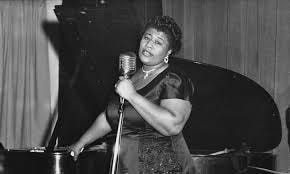
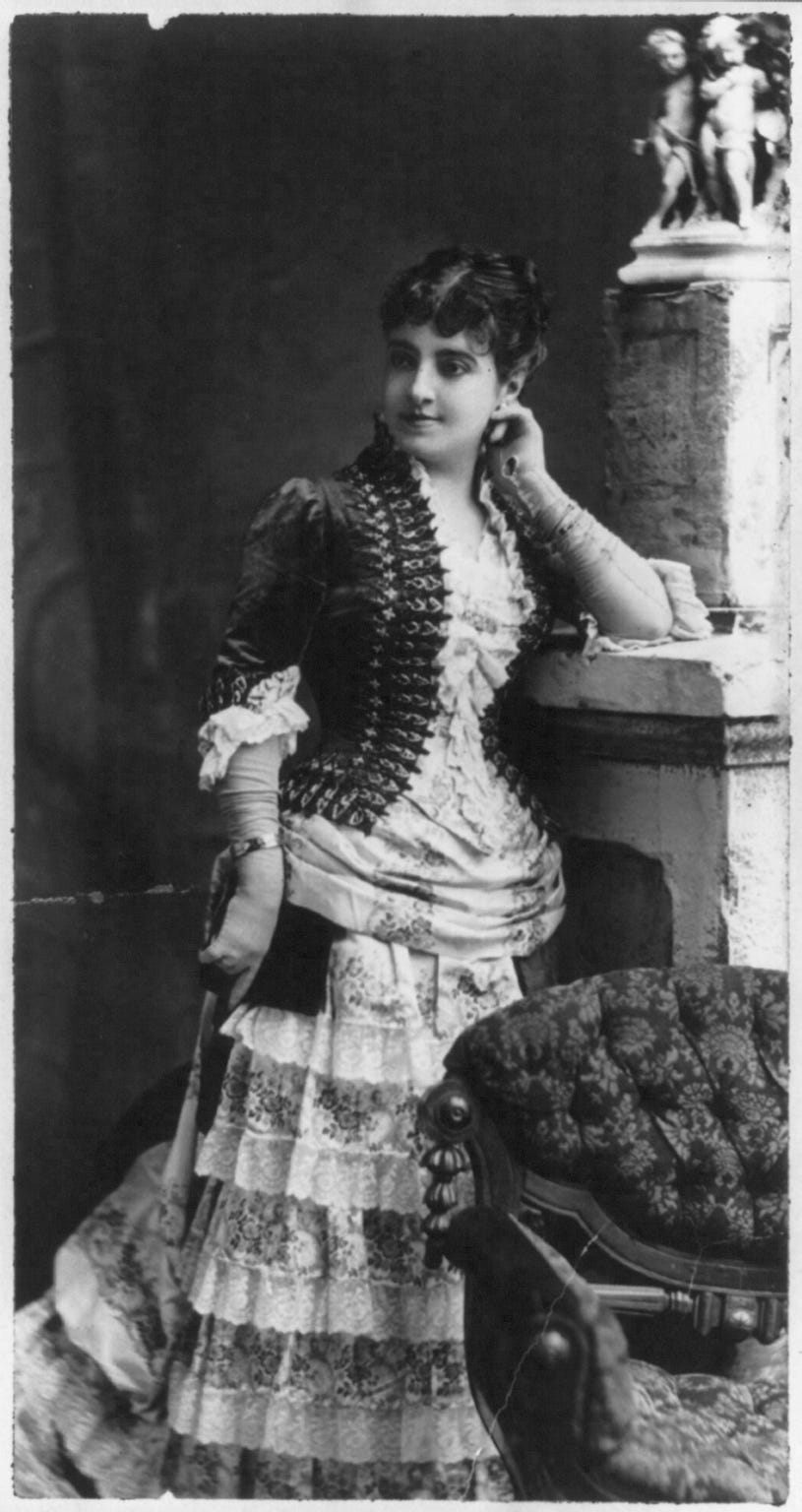
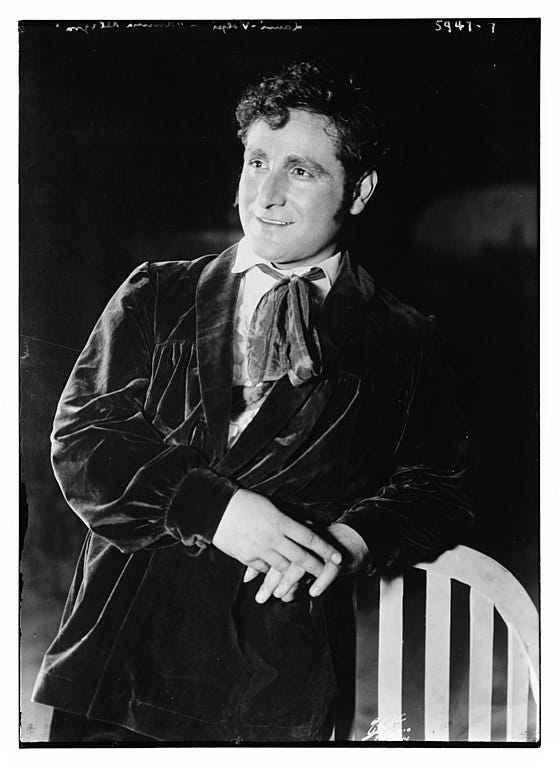
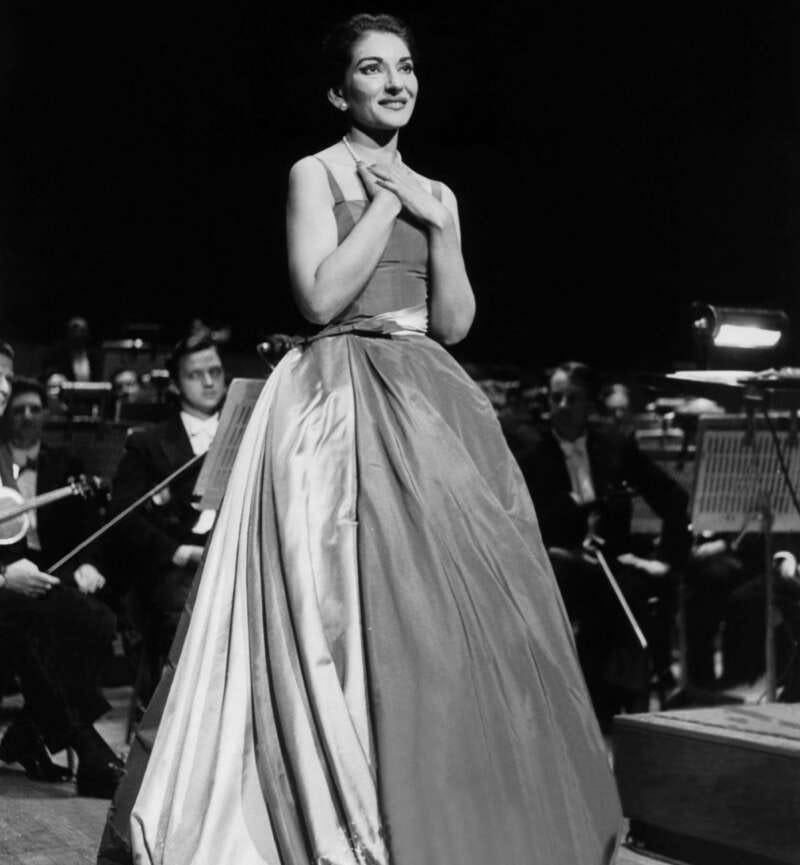
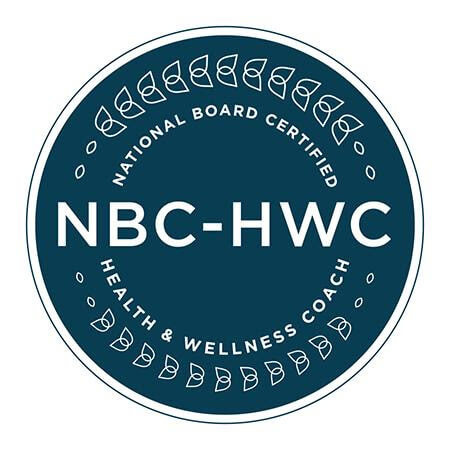
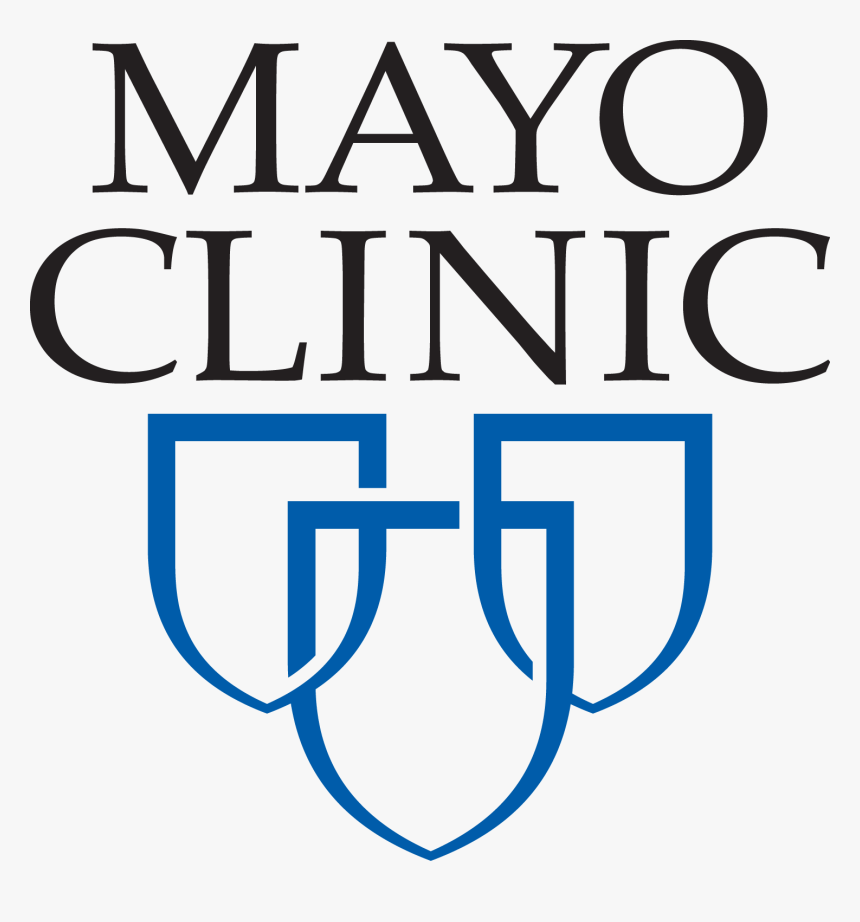

👏👏👏👏👏👏👏👏👏👏